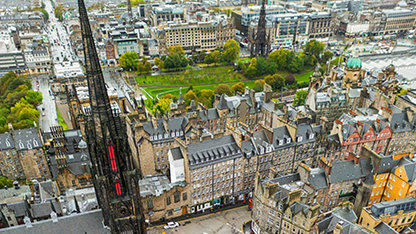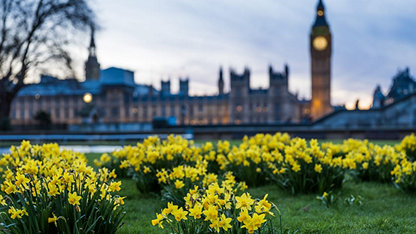Should public transport be free for everyone? Transport expert and former London mayoral candidate Christian Wolmar explores the arguments.
Last September, Dunkirk became the biggest city in Europe to offer free public transport for all. The news made the headlines in the UK, where so far no city has taken similar action, but free public transport is gaining currency across the continent and beyond.
According to Wojciech Keblowski, an urban policy academic at Brussels Free University, last year there were 99 free public transport networks around the world, more than half of which are in Europe.
So, why hasn’t it happened yet in the UK? In fact, Ken Livingstone had an ambition to introduce free public transport when he was leader of the Greater London Council in the 1980s. The fact that he failed to do so points to one of the major roadblocks to the roll-out of such schemes in major metropolises: money.
In a large and growing city like London, continued investment in the upkeep and expansion of the transport network is a necessity. Without it, public transport would soon become unbearable, and fares are currently by far the greatest source of revenue for bodies such as Transport for London.
Capacity is another issue. Parts of London’s Tube network are already operating at capacity during the rush hour. Given that the point of introducing free transport is to lure people out of their cars, increasing demand on already crowded services is simply untenable.
However, that is not to say that free public transport cannot be made to work in other places in the UK. Cities such as Ipswich or Exeter are likely candidates. Both lack substantive metropolitan rail infrastructure and instead, like Dunkirk, are dependent on private vehicles and buses. Levels of investment required to support transport networks are, therefore, relatively modest.
Free-spirited public transport
Changning, China
The world’s largest free public transport system, serving more than 800,000 people. On its first day on 1 July 2008, rider numbers shot up by 60%.
Tallinn, Estonia
The city became the first European capital to introduce fare-free public transport. The scheme, for which residents pay €2, was introduced in 2013 and gained a 90% approval rating.
Luxembourg
With a population of only 600,000, Luxembourg might be small, but it has some of the worst congestion on the planet. In response, this summer the whole country is switching to free public transport.
However, money is still an issue. To fund free public transport in such places, you would need to provide both the carrot of zero fares and a stick to get people out of their cars. So, some form of congestion charge or other road levy would be required to encourage people to only use private vehicles when absolutely necessary.
In a rational world, of course, this is what every city would be doing. Minimising the use of cars reduces congestion and has environmental benefits, but it also has positive implications for the economy. Just think about how much time we waste collectively stuck in traffic jams that could otherwise be put to productive use.
However, we need to live in the real world. Many people are still wedded to their cars and it is a brave politician who attempts to push them on to a bus. As an economist, I would say that it is the rational thing to do, but, as a politician, I know it is difficult. But it is still possible politically, especially if you have the time to persuade the public of the benefits.
While Mayor of London, Livingstone introduced the congestion charge in 2000 in an attempt to tackle both congestion and pollution, but he did so at the beginning of his term and the system was up and running two years before he once again had to face the voters. By that time, the benefits were obvious and he won a second term.
The point is that radical transport policies can be made to work. The trick is finding the right political breathing space and having a leader with the gumption and the requisite powers. Unfortunately, in the UK that is rarely the case.
- Christian Wolmar is a transport expert and former London mayoral candidate.
This article was originally published in The Public Space Issue of Modus magazine (February 2019).













